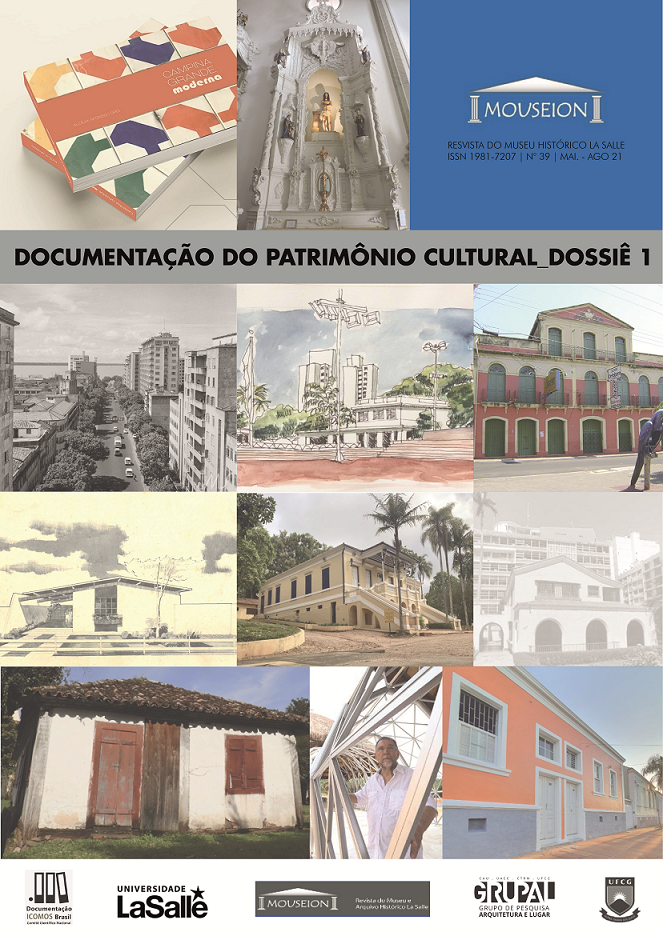Questioning historicals: The Ouro Preto-MG preservation policy under the bias of national urban planning
DOI:
https://doi.org/10.18316/mouseion.v0i39.9071Keywords:
Urban Planning, Safeguarding Cultural Heritage, Preservation Legislation, Word Cultural HeritageAbstract
A problematic context due to questionable trends and postures, among which the hegemony of the discourse of an urban elite inherited from the colonial period, added to the rapid growth of cities due to their economic importance, mark the formation of Planning National Urban. At first, through the performance of the Estado Novo, a political group in which modernist intellectuals stood out, the field in formation carried its ideas, such as the posture of modernization and especially the search for the construction of national identity. This phase also coincides with the beginning of the national preservation policy and the recognition of the first Brazilian heritage property, the city of Ouro Preto. Contradictions that lead us to ask: what are the impacts of urban planning on the preservation policies of Ouro Preto, given that the fields were formed almost simultaneously and the city was the first heritage of an urban scale recognized in Brazil? Our questioning is based on the fact that there are no local references or examples to follow and many of the procedures conforming guidelines that are still in use. Therefore, we aim to present the impacts of national urban planning on the preservation policies of the city.Downloads
Published
2021-11-04
Issue
Section
Dossiê
License
Authors must submit their manuscripts to be published in this journal agree with the following terms:
Authors maintain the copy rights and concede to the journal the right of first publication, with the paper simultaneously licensed under the License Creative Commons attribution that permits the sharing of the paper with recognition of authorship and initial publication in this journal.
Since the articles are presented in this journal of public access, they are of free use, with their own attributions for educational and non-commercial purposes.


